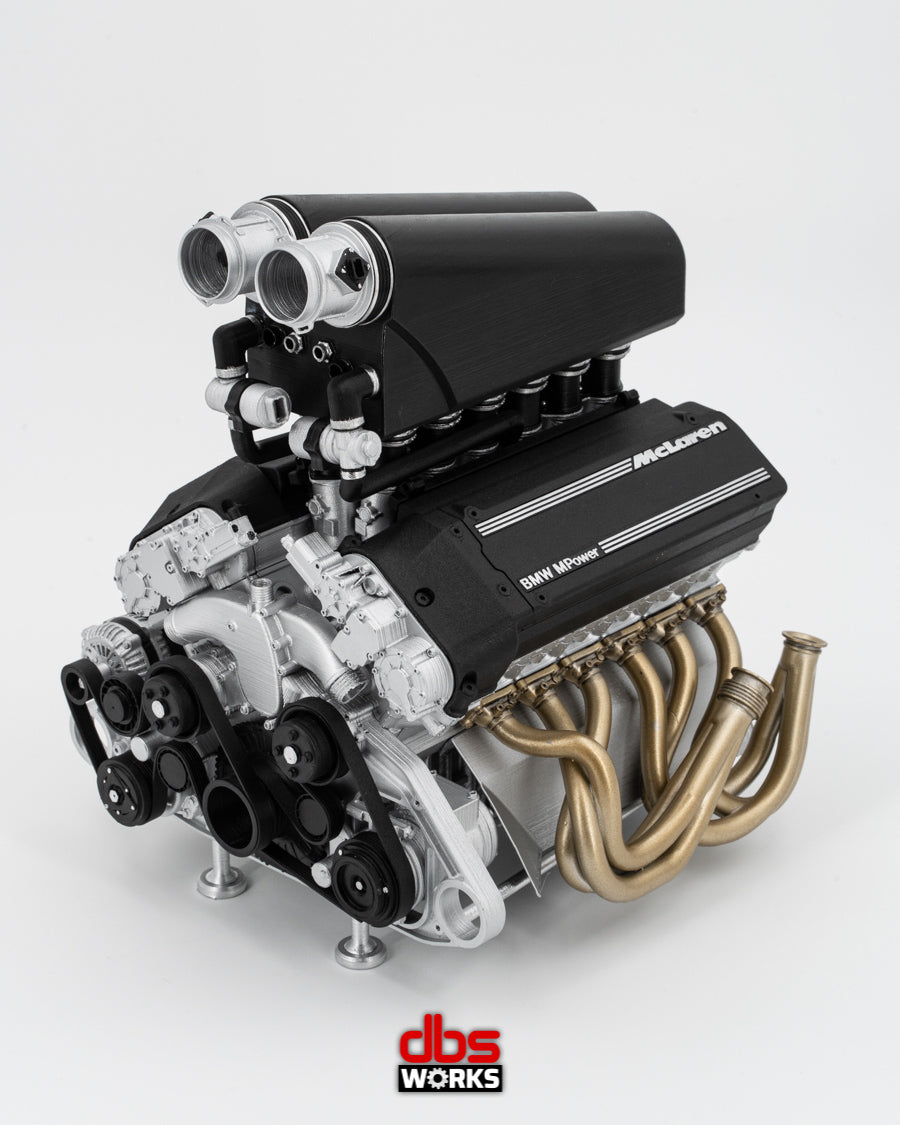Top 5 BMW Engine Technologies Changing the Automotive Industry
Wiki Article
Unveiling the Intricacies of Next-Generation Power Units: a Deep Dive Into Advanced Engine Layouts and Developments
As we stand on the precipice of a brand-new era in transportation, the intricacies of next-generation engine layouts beckon us to explore the cutting-edge innovations and technologies that guarantee to redefine the driving experience. Diving much deeper right into the realms of emission control, smart engine monitoring systems, and the perspective of power device growth, we discover ourselves on the cusp of a transformation that promises to improve the landscape of movement as we understand it.Evolution of Engine Materials

The shift in the direction of advanced engine materials has additionally made it possible for engineers to develop engines with greater power outputs while preserving fuel effectiveness requirements. The usage of lightweight products reduces the total weight of the engine, leading to enhanced gas economy and reduced emissions. Additionally, advancements in products innovation have actually permitted much better thermal administration within engines, resulting in increased integrity and longevity.
Turbocharging and Supercharging Technologies
Just How do Turbocharging and Supercharging Technologies change engine efficiency and effectiveness in modern automobiles? Supercharging and turbocharging are technologies that dramatically improve engine performance by raising the amount of air intake right into the combustion chamber. Turbocharging achieves this by utilizing a wind turbine driven by exhaust gases to pressurize the intake air, while supercharging uses a belt- or chain-driven compressor to achieve the exact same effect.
These innovations enable smaller, more fuel-efficient engines to create power equal to bigger ones, called downsizing. By forcing more air into the cyndrical tubes, turbocharging and turbo charging enhance burning efficiency, causing enhanced horsepower and torque output without a considerable boost in engine size. This brings about far better acceleration, towing ability, and total driving performance.
In addition, turbo charging and turbocharging add to boosted fuel effectiveness by allowing the usage of smaller engines that take in less fuel under regular driving conditions - bmw engine. This mix of improved performance and performance has actually made turbocharging and supercharging indispensable parts of numerous modern-day engine styles
Exhaust Control and Environmental Impact
With increasing international worries regarding air high quality and ecological sustainability, the application of emission control modern technologies in automobiles plays an important duty in reducing hazardous toxins launched into the environment. Modern automobiles are equipped with sophisticated discharge control systems that aid decrease the ecological impact of automotive operations. Catalytic converters, for instance, are developed to transform hazardous gases such as carbon monoxide gas, nitrogen oxides, more helpful hints and hydrocarbons into much less unsafe compounds like carbon dioxide and water vapor.Moreover, developments in engine innovation, such as the combination of exhaust gas recirculation systems and careful catalytic reduction, have considerably added to decreasing emissions. These technologies operate in tandem to optimize burning performance and minimize the release of harmful toxins right into the air. In addition, the development of hybrid and electric cars represents a critical step towards minimizing the overall ecological footprint of the transport sector.
Intelligent Engine Monitoring Systems

Moreover, these systems enable lorries to satisfy strict discharges standards without jeopardizing performance, providing a much more eco-friendly driving experience. The assimilation of expert system and artificial intelligence capacities in engine management systems continues to push the boundaries of what is feasible, causing further renovations in performance, dependability, and general automobile performance. bmw engine. As auto innovation developments, intelligent engine monitoring systems will play a crucial duty in forming the future of transport in the direction of an extra effective you could try this out and sustainable instructions
Future Trends in Power Device Growth
As smart engine administration systems pave the means for improved control and optimization in modern-day lorries, future fads in power device advancement are poised to redefine the landscape of automobile propulsion modern technologies. These alternate power resources provide improved effectiveness and efficiency while lining up with rigid environmental laws.One more significant trend is the assimilation of advanced materials and producing methods. Lightweight products such as carbon fiber and light weight aluminum are being used to decrease general automobile weight, additional hints improving gas efficiency and efficiency. Additionally, developments in 3D printing and additive manufacturing are enabling the manufacturing of complex engine components with higher accuracy and resilience.
Additionally, man-made intelligence and artificial intelligence are playing a vital duty in enhancing power unit performance. These technologies enable real-time surveillance and flexible control, causing more reliable and reliable power shipment. In general, future trends in power unit development are tailored in the direction of sustainability, efficiency, and efficiency, driving the vehicle sector in the direction of a brand-new age of propulsion innovations.

Final Thought
In final thought, the advancements in engine materials, turbocharging, emission control, and intelligent administration systems have actually led the method for next-generation power devices. The elaborate styles and developments in modern engines display the ongoing advancement of automobile innovation.Discovering the progressive developments in engine products has actually been essential in improving the performance and performance of contemporary engines. Over the years, the evolution of engine materials has played a critical duty in pushing the borders of what engines can attain.The change towards progressed engine products has also made it possible for engineers to create engines with higher power outputs while keeping fuel performance requirements.The implementation of smart engine management systems in modern-day automobiles has actually transformed the method engines are managed and enhanced for performance and effectiveness. By accumulating data in real-time and analyzing it with sophisticated formulas, intelligent engine administration systems can adjust to driving styles, environmental aspects, and engine health to take full advantage of power result while minimizing gas consumption and exhausts.
Report this wiki page